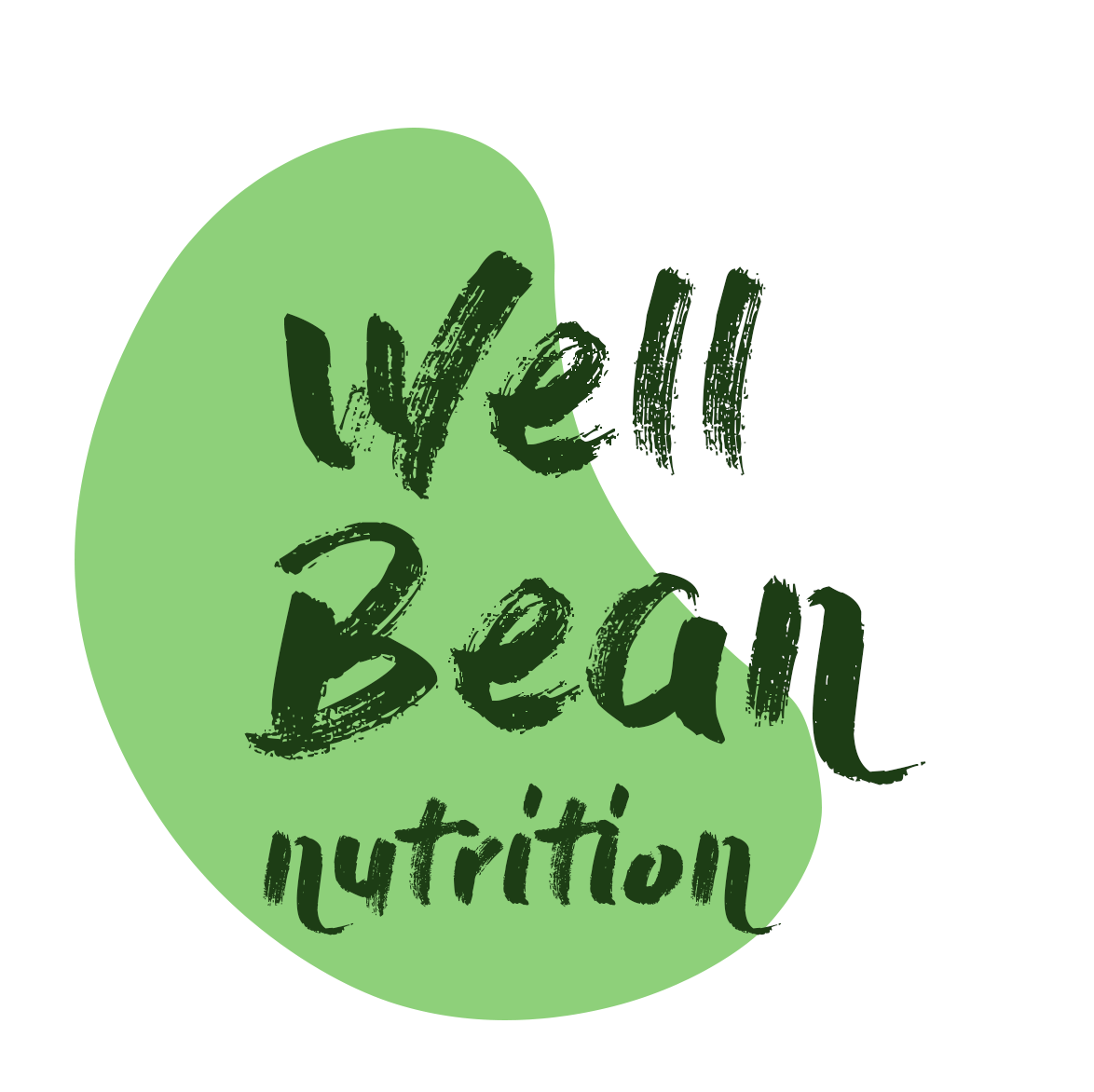easy probiotic lemon ice cream
Yes, I see you, snuffling around for a good freezer hack!
You know I’m especially fond of recipes that pull double duty for flavour and gut health, so today, I want to let you in on my most recent obsession: fermented lemon ice cream using my very own homemade preserved lemons (proper shop bought ones would also be a fine substitute).
Why Fermented Ice Cream?
Let’s start with the basics. Most traditional ice creams are unfortunately quite harsh on our GITs, loaded with refined sugar, pasteurised dairy, gums, and stabilisers. But fermented ice cream flips the script! It’s tangy, creamy, and genuinely nourishing.
By using a live cultured yogurt or kefir base, we’re introducing probiotics; those friendly bacteria that support digestion, immunity, and even mood. Research has shown that fermented dairy products like yogurt and kefir can improve gut microbial diversity, modulate immune responses, and even reduce markers of inflammation [1, 2].
Think of this like a frozen synbiotic snack: probiotics from the yogurt and prebiotics from the lemon (and if you’re using the dairy-free version, even better for those who are sensitive!).
Why Preserved Lemons?
This is where things get interesting. Preserved lemons are whole lemons that have been fermented in salt and their own juices over several weeks. They’re a staple in Moroccan and Middle Eastern cooking, but they’re also a total game-changer for your gut.
Here’s why I love them:
They’re naturally fermented, which means they can contribute microbial diversity to your diet—something our modern lifestyles sorely lack [3].
They contain pectin-rich lemon peel, which acts as a prebiotic fibre, feeding beneficial gut microbes like Bifidobacteria and Lactobacillus [4].
They’re rich in polyphenols and flavonoids, known to have anti-inflammatory, antimicrobial, and gut-modulating properties [5].
While you only need a small amount to make an impact, I actually like a decent dollop in my ice cream. The flavour is bold, lemony, and layered. Totally addictive. I also don’t like chopping the lemon too fine as it adds a lovely texture to the ice cream.
The Recipe: Fermented Lemon Ice Cream with Preserved Lemon
(Dairy + Dairy-Free Options)
Here’s the version I use most often at home and in clinic test kitchens. It’s rich, tangy, gently sweet, and can be made with or without dairy depending on your needs.
Ingredients (Makes 4 Servings)
375ml live yogurt or kefir (dairy or coconut-based)
120ml double cream or coconut cream
30-50g preserved lemon rind (pulp removed), rinsed and roughly chopped (depending on your preference)
30–45ml raw honey to taste
5ml vanilla extract (optional)
Small pinch of sea salt (optional – taste first, preserved lemons are salty!)
Instructions
Blend the Base:
Mix everything together in a bowl. Taste and tweak the sweetness and lemon as needed—you’re after a sweet-savoury tang that makes your tastebuds sit up.
Churn or Freeze:
If you have an ice cream maker, churn until thick and creamy.
No machine? Pour into a shallow container and freeze, stirring every 30–45 minutes for 2–3 hours to get that scoopable texture.
Scoop + Serve:
Let it soften for 15–20 minutes out of the freezer, then scoop away. You can top it with chopped mint, a drizzle of honey, or even a pinch of extra preserved lemon rind.
Gut Health Meets Joy
I love this recipe because it captures everything I want food to be: simple, nourishing, and joyful. It supports your gut without feeling like a compromise—and it’s one of those “quietly clever” recipes that delights people who’d never expect ice cream to be good for them.
Perfect as a summer treat, a post-dinner digestif, or a gut-friendly dessert for your next dinner party.
And yes—this freezes beautifully. So go ahead, batch it, portion it, and pull it out whenever your microbiome (or mood) needs a little love.
Marco, M. L., et al. (2017). Health benefits of fermented foods: microbiota and beyond. Current Opinion in Biotechnology, 44, 94–102. https://pubmed.ncbi.nlm.nih.gov/27357031/
Ouwehand, A. C. (2017). A review of the health effects of fermented dairy products. Food Science and Technology Bulletin: Functional Foods, 10(3), 74–83. https://pubmed.ncbi.nlm.nih.gov/29312269/
Bell, V., et al. (2018). Microbiological safety and probiotic potential of fermented fruits and vegetables. Frontiers in Microbiology, 9, 399. https://pubmed.ncbi.nlm.nih.gov/29561877/
Markowiak, P., Śliżewska, K. (2020). Effects of prebiotics on the functionality of probiotics. Nutrients, 12(3), 779. https://pubmed.ncbi.nlm.nih.gov/33327781/
Ghosh, D., et al. (2016). Citrus flavonoids: promising phytochemicals for the prevention and treatment of cardiovascular diseases. Food & Function, 7(3), 1776–1788. https://pubmed.ncbi.nlm.nih.gov/27529280/









